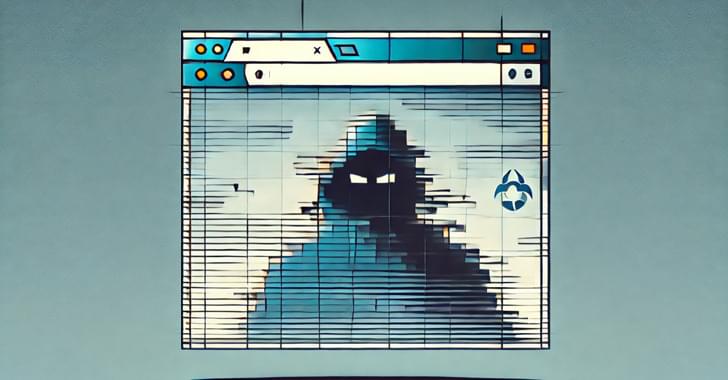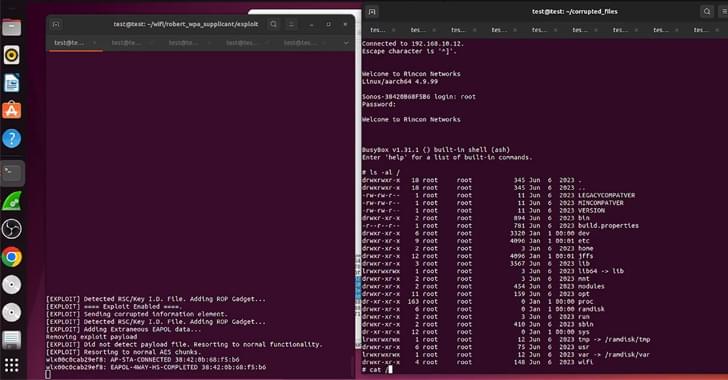Monitoring evolving DDoS trends is essential for anticipating threats and adapting defensive strategies. The comprehensive Gcore Radar Report for the first half of 2024 provides detailed insights into DDoS attack data, showcasing changes in attack patterns and the broader landscape of cyber threats. Here, we share a selection of findings from the full report.
Key Takeaways
The number of DDoS attacks in H1 2024 has increased by 46% compared to the same period last year, reaching 445K in Q2 2024. Compared to data for the previous six months (Q3–4 2023), it increased by 34%.









